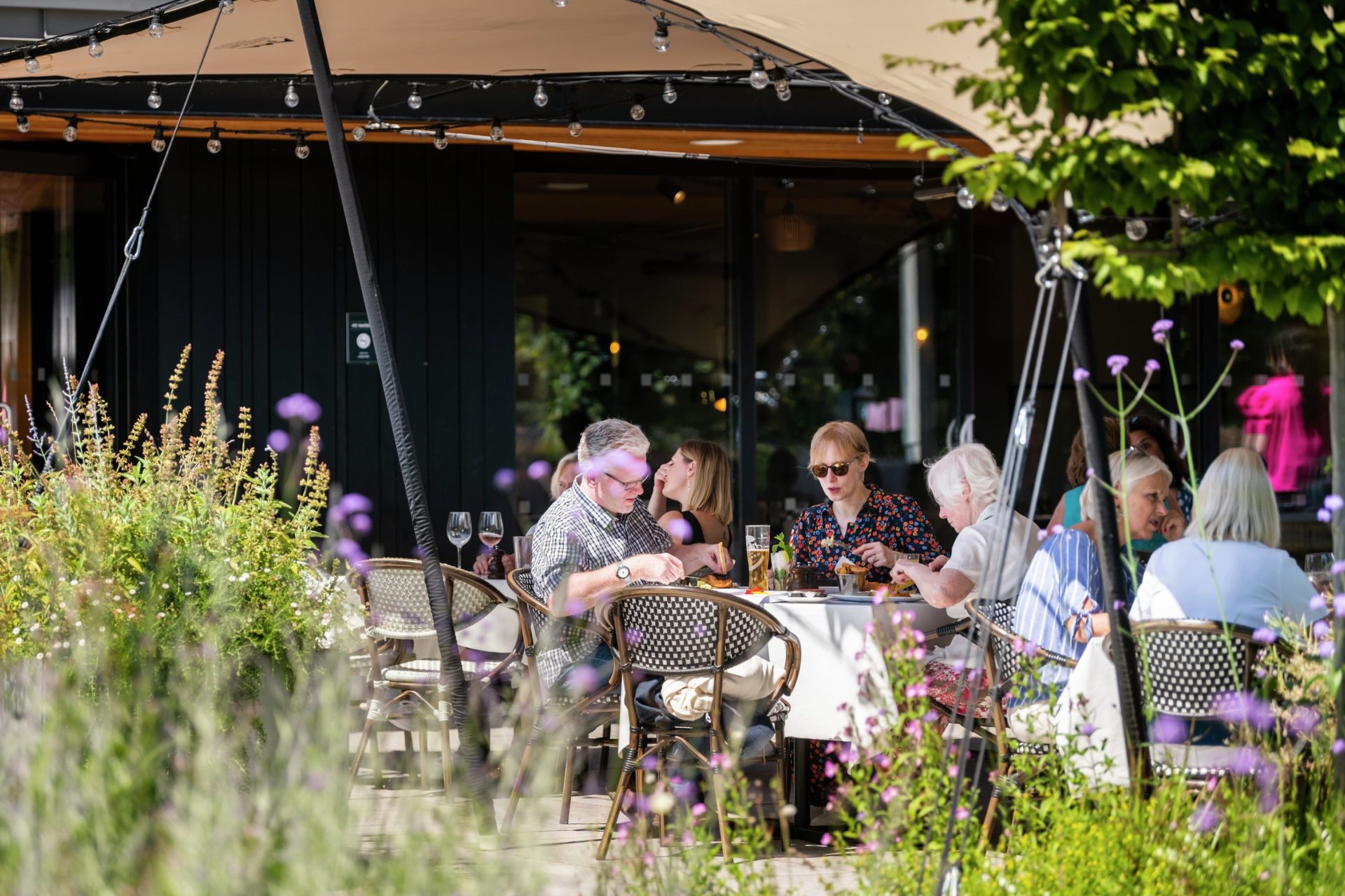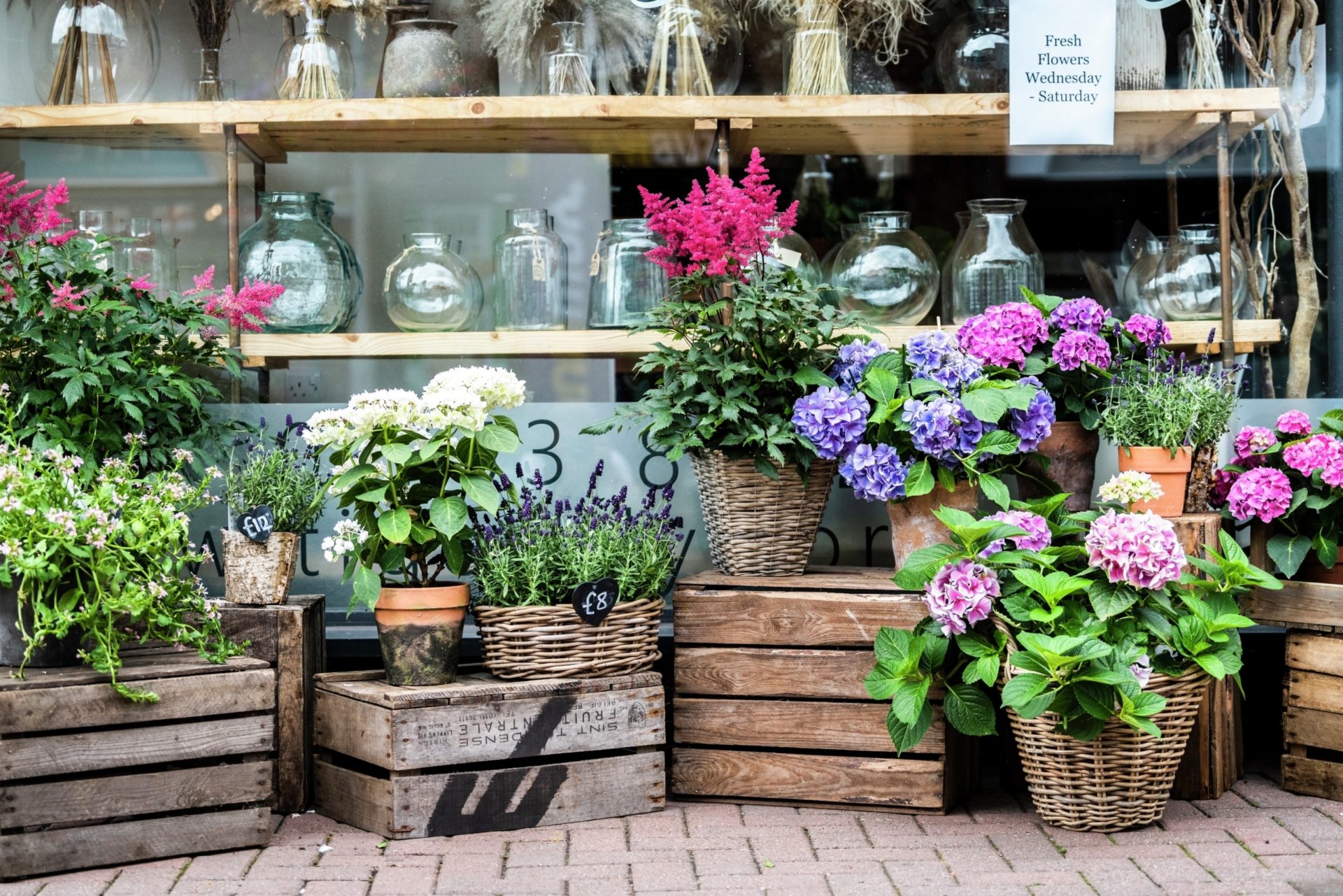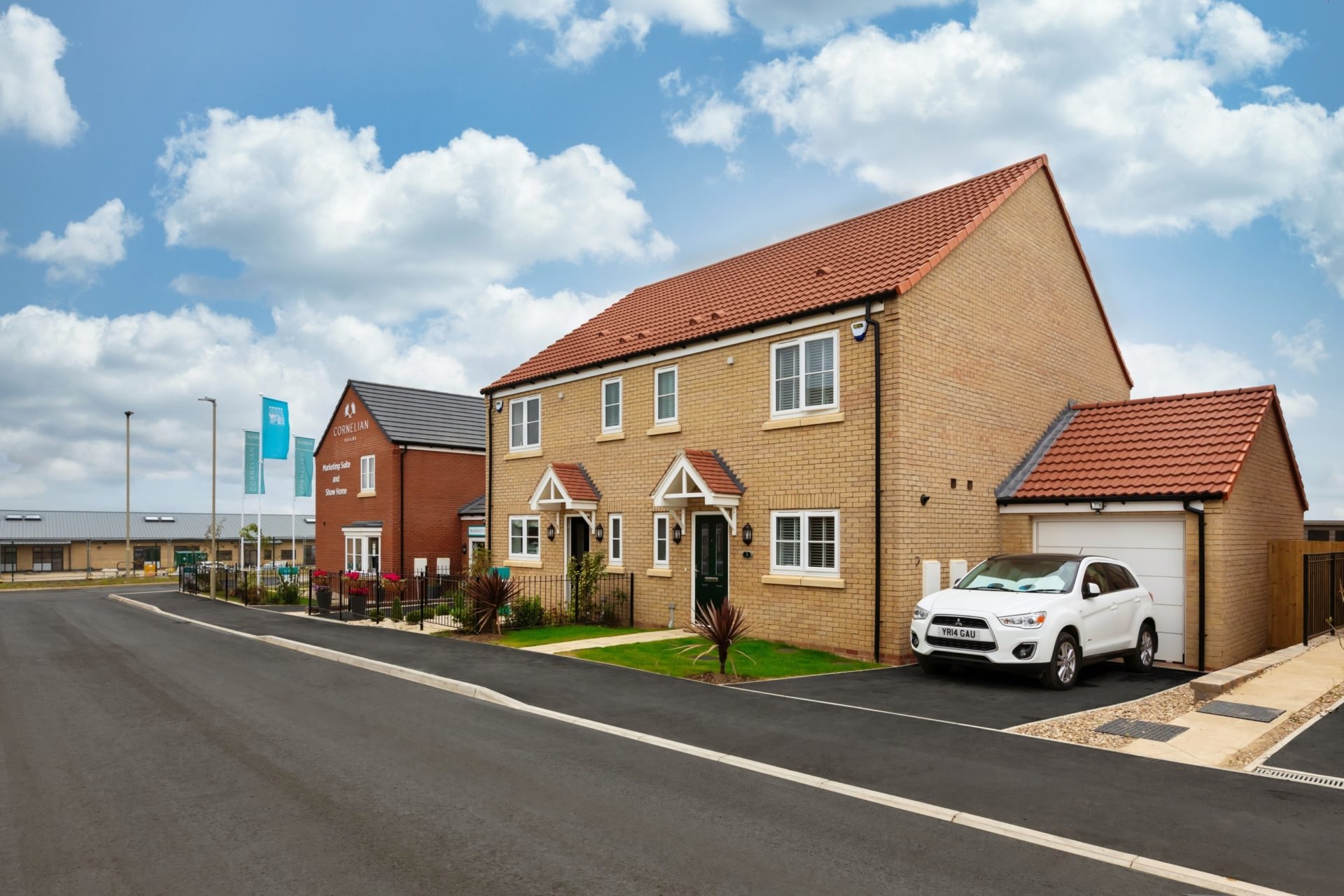
1. Browse online before viewing in person. Developers and estate agents have upped their online presence in the past two years due to the pandemic so much can be ascertained about a potential new home including detailed descriptions and information about neighbourhoods. Take a look at local social media groups and notice if any issues are repeatedly being brought up. Check Google Maps to see if businesses around the property increase traffic within the area. You may also find local pubs or restaurants that you weren’t aware of, as well as get a better appreciation of the green space that is in the area. You can search quickly on HM Land Registry UK House Price Index.
2. Research property value trends. Knowing if property prices are increasing, decreasing or stable, even street by street in your new potential area, can give you clues about whether you are making a solid long-term investment, as well as give you an idea of the development history of the area.
3. Enquire about future planning. Ask your estate agent and solicitor about the potential for new housing developments happening in the area and look up the local council’s area plan. A large-scale development that is due to be built near your property can influence property prices, congestion and pollution for example. Equally the benefits of new transport links, doctors surgeries and schools may be to your advantage in time.

4. Walk around and soak it up. Taking multiple strolls around the neighbourhood will allow you to notice things you wouldn’t necessarily when you’re driving. You may find particular smells or sounds are very prominent. Pop into a local shop or café to get a feel for the general vibe. Also try walking at different times of day. Ask yourself do I feel safe, especially at night? Is the area too busy or too quiet or does it feel just right? Our new Gerrards Cross development, Misbourne House for example is located about ten minutes’ walk from the town centre complete with boutiques, independent restaurants and fashionable bars but the area is also surrounded by accessible countryside.
5. Local insider info. No one knows the neighbourhood better than the locals. Have a quick chat with someone local asking them what they like and dislike about the area and find out how the area has changed over the years.
6. Check the crime rates. Safety is a priority for all, but crime rates are something your estate agent is not allowed to disclose because it may be misleading and discriminatory. You can check local crime rates yourself but remember crime can happen anywhere so trust your gut instinct.
7. Visit local schools. If you have children you will most likely have considered the schools in the area already. If starting a family is something you’re considering then it may be wise to take a long-term view and start looking at local nurseries and schools now. For starter you can take a look at their Ofsted and exam results.

8. Test run your commute. Your daily commute can influence your quality of life. No one wants to sit in traffic for hours. Test run your commute at the times you would usually be travelling to or from work in person or check Google Maps. If you’re used to going to the supermarket, gym or coffee shop before or after work check if these are still possible. If you use public transport, assess how comfortable the experience is; are you packed into a bus with little room to move or can you find a quieter route?
9. Consider climate concerns. As weather unreliability and flash flooding have increased over the years, consider where the property is situated. Are there any lakes or rivers nearby? Has the house been built on a floodplain? Check previous years weather reports to see the impact of torrential downpours on the neighbourhood. Buying in an area with a high flood risk can not only put the property and your belongings at risk but it can also be incredibly stressful.
10. Chat to your neighbours. When you are at the stage of seriously considering a new potential property perhaps introduce yourself to your potential neighbours or have a tiny peek into their garden! You don’t want to be reporting noise complaints every week because your neighbours are always throwing parties. How likely is it that they may consider having an extension and will that be an unwelcome factor for your new home?
If you're interested in joining one of our thriving communities visit the new homes page to discover more.